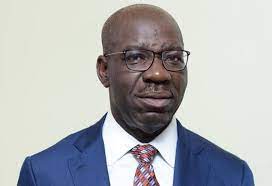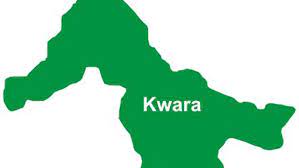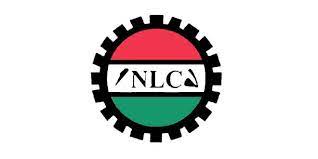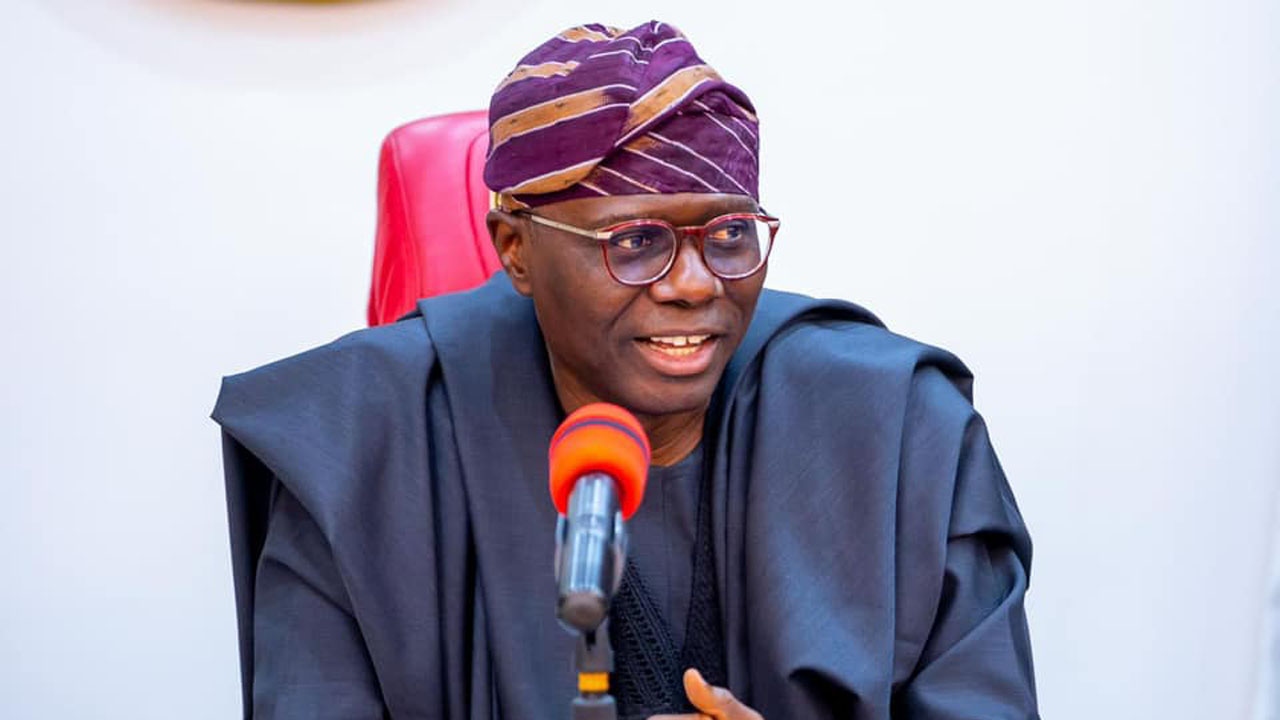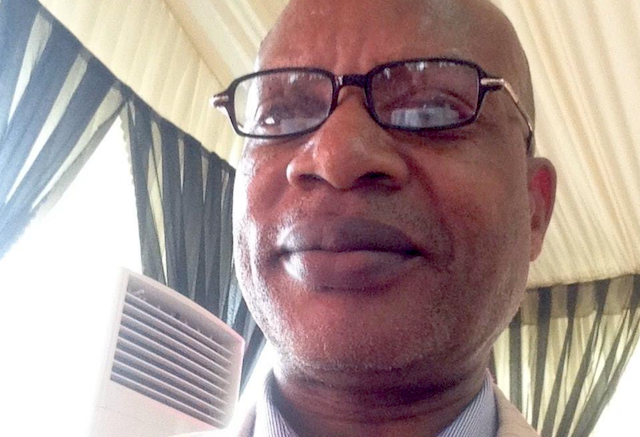Karma – loosely refers here as nemesis or retributive justice – connotes “cause and effect” in Indian religions; “measure for measure” in Judaism; “one reaps what one sows” (Galatians 6:7) in Christianity; and “what goes around comes around” in Western culture.
Essentially, Karma, as a “concept of action, work, and deed, and its effect or consequences,” isn’t a respecter of persons, no matter their status or station in life.
This is what President Bola Tinubu is about to be visited with, barely one week after his epochal inauguration as 16th Commander-in-Chief of the Armed Forces of Nigeria on May 29.
The organised labour has served notice of a nationwide strike to protest Tinubu’s announced removal of fuel subsidy from the economy, beginning in July – but oil marketers have marked up pump price to about 300% of subsisting official price of N175 per litre.
Tinubu, as a leading opposition figure, had railed against President Goodluck Jonathan’s removal of fuel subsidy in 2012, which led to “Occupy Nigeria” street protests across the country, and in front of the Nigerian High Commission in London, United Kingdom.
On January 1, 2012, the Petroleum Products Pricing Regulatory Agency (PPPRA) issued a statement on removal of subsidy on petroleum products, with a 120% increase in pump price of petrol.
Reacting to the government action that ruined the New Year celebrations for Nigerians, the “Occupy Nigeria” movement – spearheading the protests – used the opportunity to highlight corruption in government and the public service, inhuman treatment of Nigerians by government and security agents, and high rate of poverty in the land.
According to Wikipedia, the protests that lasted 12 days (January 2-14, 2012) were defined by “civil disobedience, civil resistance, strike actions, demonstrations and online activism,” aimed at “reversing the subsidy on petroleum products, and a review of the Federal Government budget, with cut-backs on politicians’ allowances.”
By the time President Jonathan was forced to reverse the decision, 16 people were reportedly killed by the Police in several states.
In a January 8, 2012, lengthy article, entitled: “Removal of Oil Subsidy: President Jonathan breaks social contract with the people,” as published in guardpost.ng, Tinubu queried the timing of the subsidy removal, Jonathan’s non-consultation with relevant stakeholders, and the ripple effects on the voters and the economy at large.
Let’s take some extracts from the opinion piece, and consider if Tinubu followed his observations and recommendations therein, to declare on May 29 that, “subsidy is gone,” during his inaugural speech. He wrote:
“As Nigerians gathered with family and friends to celebrate the New Year, the federal government was baking a national cake wrapped in a scheme that would instantly make the New Year a bitter one.
“Barely had the public weaned itself from last year when the government dropped a historic surprise on an unsuspecting nation. PPPRA issued a statement abolishing the fuel subsidy. By this sly piece of paper, the federal government breached the social contract with the people.
“The government, which owes its very existence to the people’s desire to be governed by someone more humble than elitist, has turned its back on the collective will.
“By bureaucratic fiat, the government made the most fateful economic decision any administration has made since the inception of the Fourth Republic and it has done so with an arrogant wave of the hand as if issuing a minor regulation.
“Because of the terrible substance of the decision and the haughty style of its enactment, the people feel betrayed and angry. At this moment, we do know not where this anger will lead.
“In good conscience, we pray against violence. Also in good conscience, it is the duty of every citizen to peacefully demonstrate and record their opposition to this draconian measure that is swiftly crippling the economy more than it will ever cure it.”
Continuing, Tinubu descended on Jonathan, saying: “This crisis will bear his (Jonathan’s) name and will be his legacy. The people now pay a steep tax for voting him into office. The removal of the subsidy is the ‘Jonathan tax.’
“The situation shows that ideas count more than personalities. People may occupy office but how that person performs depends on the ideas that occupy his mind.
“Though someday, Nigeria will have to remove the subsidy, the time to do it is not now. This subsidy removal is ill-timed and violates the condition precedent necessary before such a decision is made.
“First, the government needs to clean up and throw away the salad of corruption in the NNPC.Then, proceed to lay the foundation for a mass transit system in the railways and road network with long-term bonds and fully develop the energy sector towards revitalizing Nigeria’s economy and easing the burden any subsidy removal may have on the people.”
Fast forward to May 29, 2023. It’s a reversal of roles between President Tinubu and the organised labour: He issuing off-the-curf declaration – as he’d accused Jonathan of doing in 2012 – and the labour unions reacting as he did in his epistle to slam Jonathan’s subsidy removal.
Tinubu simply proclaimed that, “subsidy is gone,” without much thought to the effects the policy would have on the voters that gave him the mandate to realise his “lifelong ambition” to be President of Nigeria.
All Tinubu accused Jonathan of doing is what he blatantly exhibited as the new Sheriff in town at his inauguration on May 29.
Indications point to the President taking Nigerians for a ride, and only embarking on dialoguing with labour to fulfill all righteousness.
Despite his holier-than-thou posturing in 2012, Tinubu had made up his mind to remove fuel subsidy, even as President Buhari’s government aided the course by not providing for subsidy beyond June 2023.
For the record, the three main contenders in the February 25 presidential poll: Tinubu of the APC, former Vice President Atiku Abubakar of the PDP, and former Anambra State Governor Peter Obi of Labour Party campaigned to remove fuel subsidy.
Tinubu said it wasn’t sustainable and had to go, “no matter the protest” by Nigerians; Atiku said he would remove the subsidy, and also sell off the NNPC Limited; and Obi described the policy as “organised crime,” and pledged to remove it on day one of his administration.
Now, the President, as a minority, has had his say; will he also have his way with the organised labour, as he literally stares down the gun’s barrel till Wednesday, June 7?
“Return petrol to old pump price or face nationwide action,” the President of the Nigeria Labour Congress (NLC), Comrade Joe Ajero, roared on June 2 after a meeting of the union’s National Executive Council in Abuja, following a deadlocked parley with government.
Accusing the NNPCL of lacking the monopoly to fix fuel price (at N488 to N500 per litre, depending on the zone of the country) even as a private company, Ajero said labour would embark on strike if the NNPCL failed to revert to the original template.
“Consequently, NLC has decided that if by Wednesday, the NNPCL, a private Limited Liability Company, that illegally announced the price regime in the oil sector, refuses to revert itself for negotiation to continue, the Nigeria Labour Congress and its affiliates will withdraw their services and commence protest nationwide until this is complied with.”
Will President Tinubu succumb, and flip-flop like his predecessors, who didn’t possess the political will to tame the fuel subsidy that gulped N13.7trn in 15 years (figures supplied by Nigeria Extractive Industry Transparency Initiative (NEITI)), with most of the scarce revenue funnelled into the pockets of oil crooks?
Tinubu says he’s going to be different, and Nigerians wait with baited breath to see how strong he’s to grab the fuel subsidy bull by the horns, and land it on its side to surrender. Good luck to the President!
Mr Ezomon, Journalist and Media Consultant, writes from Lagos, Nigeria.
